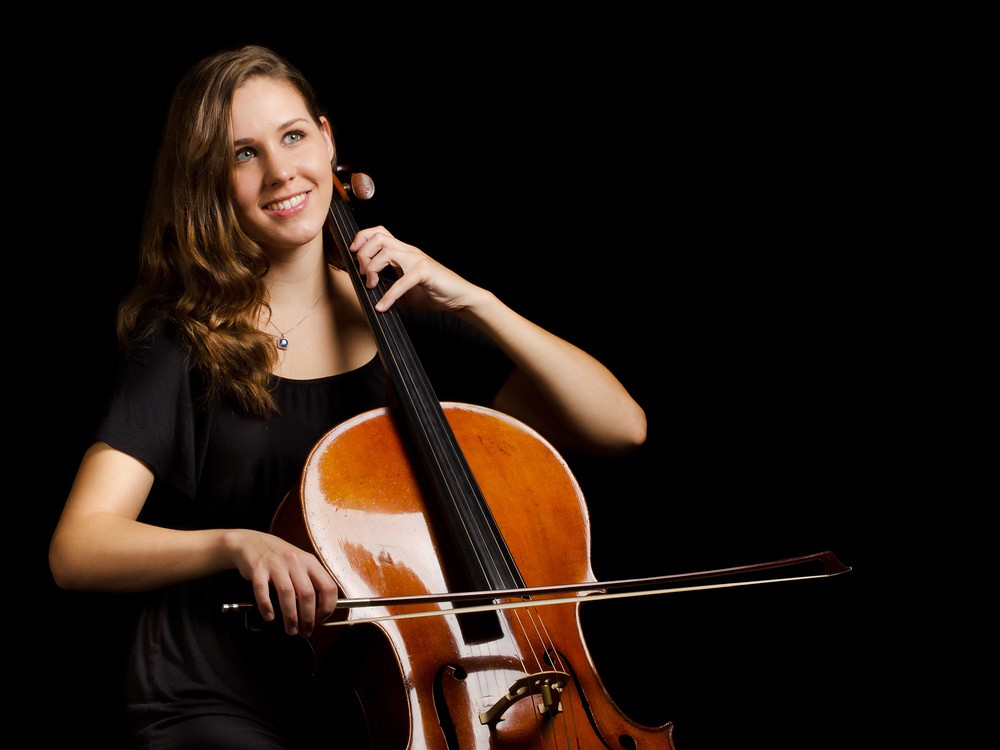
–Nadia Boulanger
The Musician’s Way, p. 292
How we sound in performance is a direct result of how we practice.
So even though practice entails focused work, it’s crucial that we work joyfully, permeating each task with the spirit we’ll project from the stage.
The following 4 guidelines help us infuse practice with meaning and joy.
“Even though practice entails focused work, it’s crucial that we work joyfully, permeating each task with the spirit we’ll project from the stage.”
4 Ways to Bring Joy to Music Practice
1. Set Attainable Goals
When we choose accessible repertoire, we practice enthusiastically because we know that our performances will soar.
By comparison, students who opt for the hardest music struggle in practice as well as on stage.
2. Learn Deeply
Deep practice fosters the security and expressiveness we need to be creative on stage.
Using the deep practice methods spelled out in The Musician’s Way, we become one with our music, and that oneness sparks vitality in every phrase we play.
Superficial practicers, though, embed soulless muscle memory that’s neither artistic nor secure.
“Deep practice fosters the security and expressiveness we need to be creative on stage.”
3. Build Performance Skills
Music is a social art form that resounds in the interaction between performer and listener.
Via practice performances, we establish the skills that ensure fail-safe, heartfelt concerts.
Then, our confidence, along with the gratification that comes from successful performances, fuels the satisfaction we derive from our practice.
“Via practice performances, we establish the skills that ensure fail-safe, heartfelt concerts.”
4. Celebrate the Miracle of Music
Deliberate practice is hard work, but music itself is woven of spirit.
When we celebrate the spiritual nature of our art, we can imbue every pitch with joy, even as we tackle thorny problems.
“When we celebrate the spiritual nature of our art, we can imbue every pitch with joy, even as we tackle thorny problems.”
As a result, our music making helps us and our listeners recognize that each moment of our existence is miraculous.
Related posts
Beautiful Repetition
Better than Patience
Increasing Tempo in Practice
The Power of a Practice Schedule
Upgrading Your Practice Habits
© 2014 Gerald Klickstein
Photo © Rob Hainer, licensed from Shutterstock.com


Hi Lisa – I appreciate you bringing up such an important subject.
It seems to me that you’re facing two formidable challenges: one centers on the challenges young students encounter practicing individual parts from large-ensemble pieces; the other stems from the nature of the age group you teach.
I don’t have a magic formula, but here are a few quick thoughts, although, given your years of experience, I expect that you’ve tried some if not all:
1. Provide students lists of short excerpts to practice, but ask them to practice each one for no more than 3 minutes each. Get parents to supervise if possible and use checklists. After 15 minutes of practice (5 three-min. tasks), students take a 2-minute break and can either stop or do another 15-minute session (many will be eager to practice another 15 mins., but the ones who don’t continue will still have practiced a little).
2. Periodically assign students to share their practice strategies in class, showing classmates something they’ve done effectively.
3. If your library can make recordings available for students to load onto their mobile devices, they might be inclined to listen to complete pieces more and thereby be more excited to practice their parts.
4. Experiment with tools including the downloads at MusiciansWay.com.
I hope that’s helpful. Thank you for taking on such an important job of educating and inspiring young musicians. Gerald
Do you have any suggestions on getting middle schoolers to view practicing as fun and not a chore?
I am a middle school band director. I have been teaching in the same school for 17 years.
I understand the importance of practice. I even require practice records. However, students have always complained about practicing. I am even finding that parents are lying for their students and are signing practice records when students haven’t practiced.
I have students purchase an extra practice book that they will find enjoyable (I’ve seen AC/DC, to Disney, to Taylor Swift). I was hoping this would prevent practice boredom. I even tell my students to practice along with a recording because it does make practicing the song a little more exciting. It helped some, however, I go back to the same problem.
Do you have any suggestions on what I can do to make practicing more fun and less of a chore for my students?